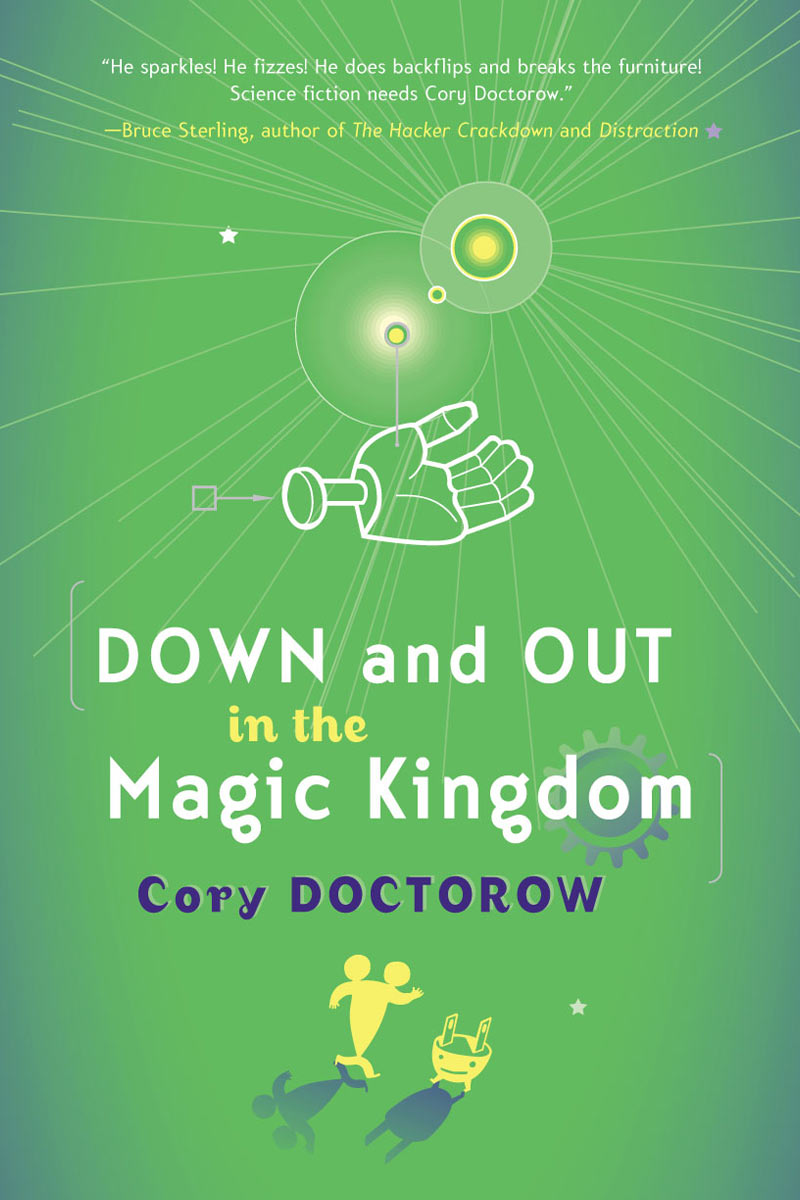This morning’s edition of SFGate is running an interview with me about this book:
I wanted to clarify my own thinking about what a non-scarce economics looks like. Keynes and Marx and the great economic thinkers are all concerned with the management of resources that are scarce. If it’s valuable, it needs to be managed, because the supply of it will dwindle. You need to avert the tragedy of the commons [the notion that self-interested individuals, such as sheepherders, will always use as much of a common resource as possible, such as a grassy pasture, until that resource is totally depleted].
Today, with things that can be represented digitally, we have the opposite. In the Napster universe, everyone who downloads a file makes a copy of it available. This isn’t a tragedy of the commons, this is a commons where the sheep shit grass — where the more you graze, the more commons you get. So I took the idea of nanotechnology as the means whereby any good can be reproduced infinitely, at zero marginal cost, and tried to use that as a metaphor for the online world we actually live in.
The other side of it is this notion that you never really run out of scarcity. There are always limits on your time and attention, there are only so many people who can fit in a restaurant, only so many people who can converse at once. When you are beset on all sides by entertainment, figuring out which bits are worthwhile requires a level of attention that quickly burns all your idle cycles. When everyone watched Jackie Gleason on Thursdays at 9:30, it was a lot easier — television watching required a lot less effort than whipping out your TiVo and figuring out which shows you want to prerecord.




























